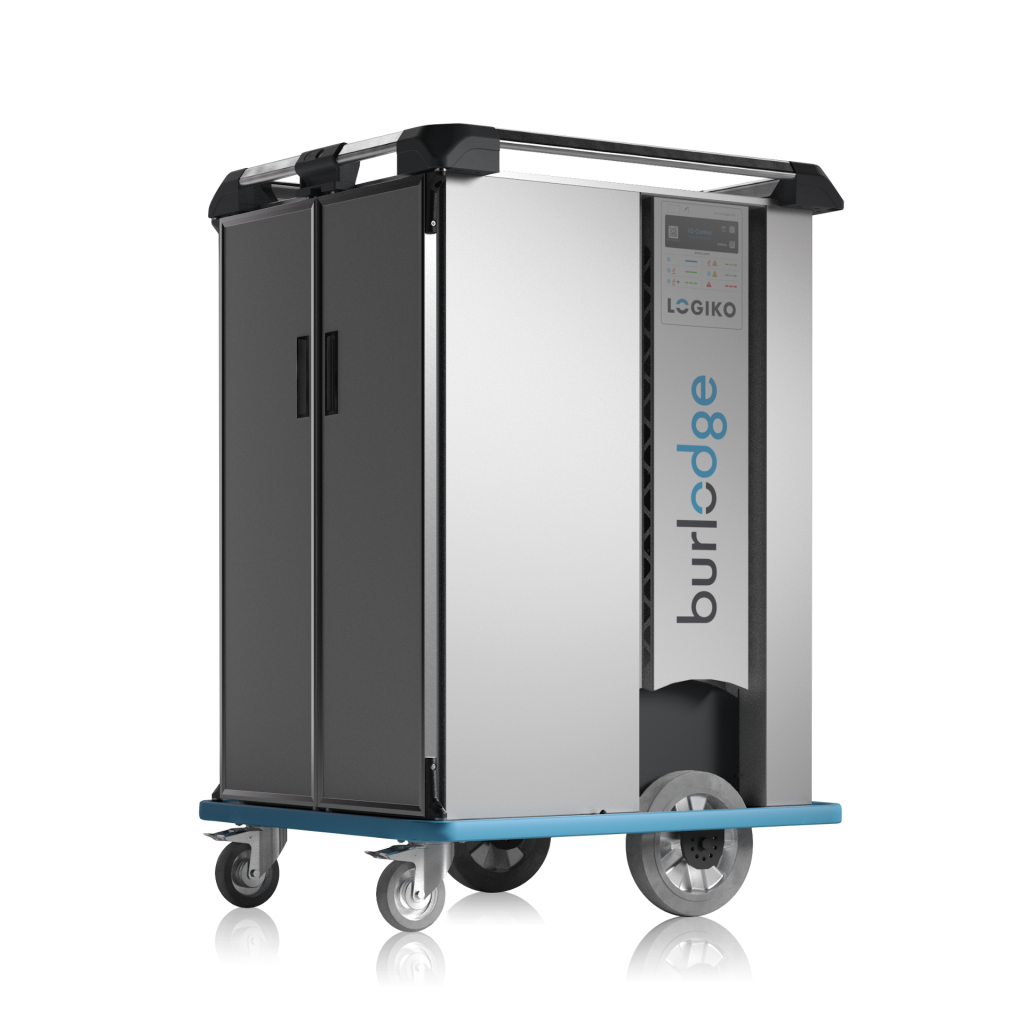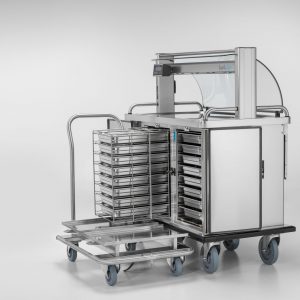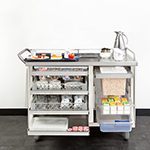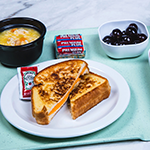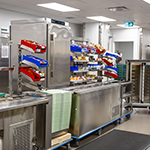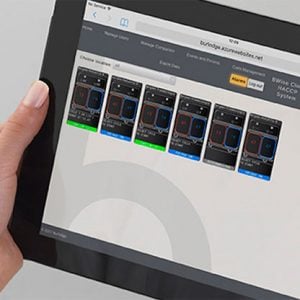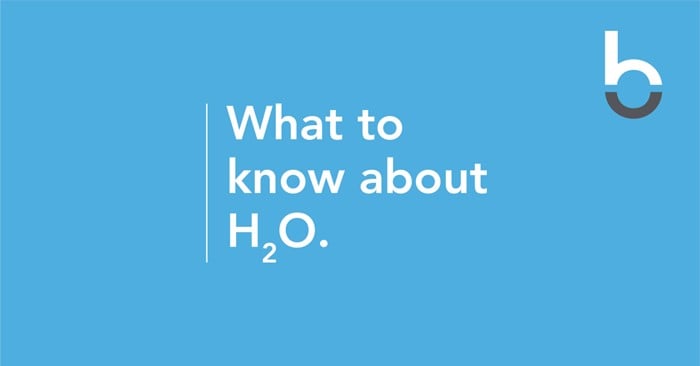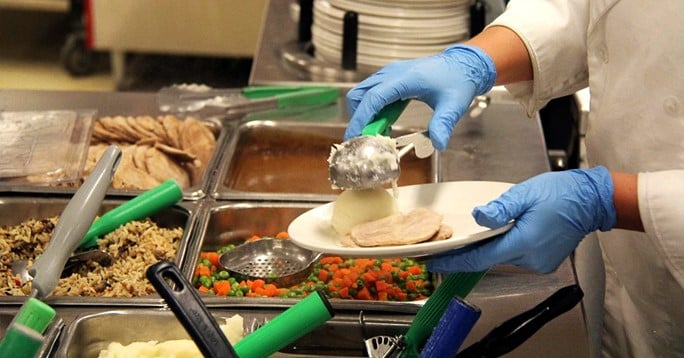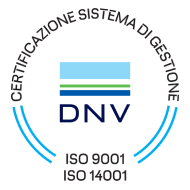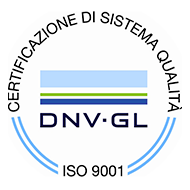For many, the reputation of food in healthcare has flatlined. Big production means bland results – that’s the generalist interpretation. And it’s the view of many who fail to recognize what is actually going on in a number of facilities across the country.
As experts who work with frontline staff every day, at Burlodge we take issue with these assumptions. True, many operations need to address how they can improve their menu offerings – that’s a constant in this business. But what we see in facilities wherever we operate is a determination to overcome the challenges of limited budgets, an ever more diverse variety of dietary needs and the endless tide of complaints. It’s this last point that I’d like to zero in on.
Winnipeg Shows the Way
One of the most impressive operations I’ve witnessed develop over time is the food services operation that handles numerous healthcare facilities in Winnipeg, Manitoba. In total, they serve 11 locations, including hospitals, long term care facilities, rehabilitation and crisis centres. The sheer numbers are still staggering to me. In 1998, they opened a 30,000 square foot facility which has since expanded to 50,000 feet. Every day, it hums along for 18 hours in which time they produce and get 8,000 meals out the door.
If that’s not enough to manage from day-to-day, in 2016 they initiated a program that aimed to encourage more discussion around nutritional choices. The Health Authority’s Nutrition and Food Services included a note on trays that detailed how important nutrition choices are and that expressed their concern for the health and well-being of every patient.
These notes, which were signed by the Chief Nutrition and Food Service Officer, were sent out three times a week rotating through breakfast, lunch and dinner. It encouraged patients to call and provide any comments or complaints that patients may have about the food.
To me, it is that willingness to encourage feedback and discussion that can help move the boulder forward. With that many trays to produce every day, it’s easy to find excuses about having no time to handle complaints or comments in such a personalized way.
Responsible and Responsive
By the close of April 2017, over 750,000 messages had been distributed. In response, the Chief Officer received 33 phone calls, nine of which were positive comments while the balance were comments and requests about food preferences. All of these were handled within 48 hours of the call.
Are those telling statistics about food satisfaction rates? Is there a lack of willingness for patients to actually express their concerns? Is the general consensus that blandness of food served in healthcare facilities is out of proportion with reality? All worth speculating and, of course, food operations can never rest on their laurels. Every day presents fresh challenges of creating menus that meet nutritional needs and that satisfies appetites.
The takeaway for me, though, is that here is a massive operation that is not only taking active responsibility for what it serves, but they are also willing to be responsive in how they can improve based on what the end users really want. I’ve never seen such a low incidence of dissatisfaction, not to mention the fact that this health authority achieves these rates with the lowest cost per patient meal day in the country. That’s an impressive achievement and worth a closer look for anyone involved in food services.
So rather than take issue with complaints and concerns, clearly the better option is to take action. However dialogue is achieved – by notes, calls, face-to-face – it can be a great step towards improving service and perhaps revising misguided reputations in our industry. The courage to ask the question is one step but it goes nowhere unless there is the passion to continually improve. In coming articles, I plan to talk about what improvements can be done, so stay tuned.

